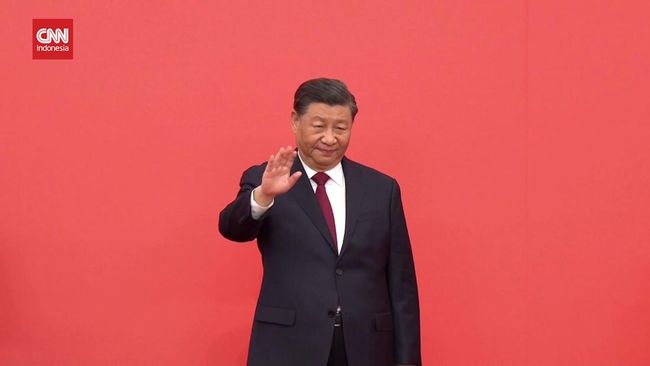“The crown crisis has once again underlined the importance of open science.” says Anneke Zuiderwijk, associate professor of Open Data at the Faculty of Technology, Policy and Management. “By sharing data between parts of science and the medical industry, corona vaccines could be developed in a relatively short period of time.” However, of all the scientific data collected around the world, only a fraction is currently available to the public. According to the researcher, this has several causes. “One of the factors that comes into play is time. Correct structuring and provision of data requires a lot of work. While the workload for researchers is already high. Also, unlike publications, researchers are hardly rewarded for sharing datasets. So there is no incentive. Furthermore, there is fear among some researchers that the data will be misinterpreted or that others will escape it before the research or article is completed. “
Practice what you preach
Zuiderwijk acknowledges the struggle of scientists. “I was also reluctant to share my data during my PhD research. My biggest fear was the misinterpretation of my datasets. At the same time, I thought: greater transparency is extremely important. For example, it allows for greater collaboration between scientists and more accurate documentation. This in turn leads to better quality research. Also, I do research on open science myself, so I also have to set a good example. Practice what you preach. Since I had archived all my research data in a well-structured way, it took relatively little effort to make it public. So I finally decided to publish all the data. After that first time it got easier and easier. So you have to overcome an obstacle. ”
Barriers and incentives
One of the challenges in his research is finding out what factors ensure that a researcher shares his or her data or not. Zuiderwijk: “It may not be customary for a country or a university to make the data public, but there may also be personal reasons behind it. For example, trusting others. Researchers are often reluctant, especially when a lot of personal data has been processed in the research. Then the barriers outweigh the benefits. Conversely, some factors may actually stimulate public data sharing. For example, requests from the financier or a reward from the university, such as an amount you can spend each year on a conference. I want to find out at what level barriers and incentives play a role in open science and to what extent countries, universities and research disciplines differ in this respect ”.
Tools for better data sharing
The knowledge acquired by Zuiderwijk forms the basis for solutions to make data more available and usable. For your doctoral research, for example, you have designed, together with an international consortium, an infrastructure and a website on which researchers can process their data faster and better. She is currently studying how universities can improve their data infrastructure. “Universities often work with different portals and standards for data set processing. This makes it difficult for researchers to use and combine data from other knowledge institutions. Furthermore, researchers are not always sufficiently supported by their university when they make the data public ”.
Data managers
Zuiderwijk examines which infrastructure and institutional tools contribute to improving the data infrastructure. In doing so, he develops the theory for specific needs and contexts. “Since open science is not yet taken for granted in all universities, you have to look at what fits where. For example, when data sharing is still in its infancy somewhere, it is best to start with a generic educational arrangement so that researchers can develop general skills. If you are a little further ahead, like TU Delft, which has invested heavily in open science over the past decade, you can take a closer look at tools for individual support, such as data stewards. They give advice on what data you should or shouldn’t make available, what you should pay attention to, and how to best present your data. They do this with information and training, but also with individual guidance. At TU Delft, each faculty has its own data steward “.
Use social value
In addition to doing research, Zuiderwijk gives free online courses (MOOC) on open science. It shows, among other things, the benefits of data sharing for researchers themselves. “For example, which you will report more accurately during your research. Or that with free access to data you make sure your items are easier to find and prove that your data is reliable. But the most important incentive for sharing data is the contribution you can make to solving social problems. Think about the development of corona vaccines. Such a success story is extremely inspiring. In the coming years I hope to achieve a scientific breakthrough to open science with my research, so that we can all make even better use of social value. “


